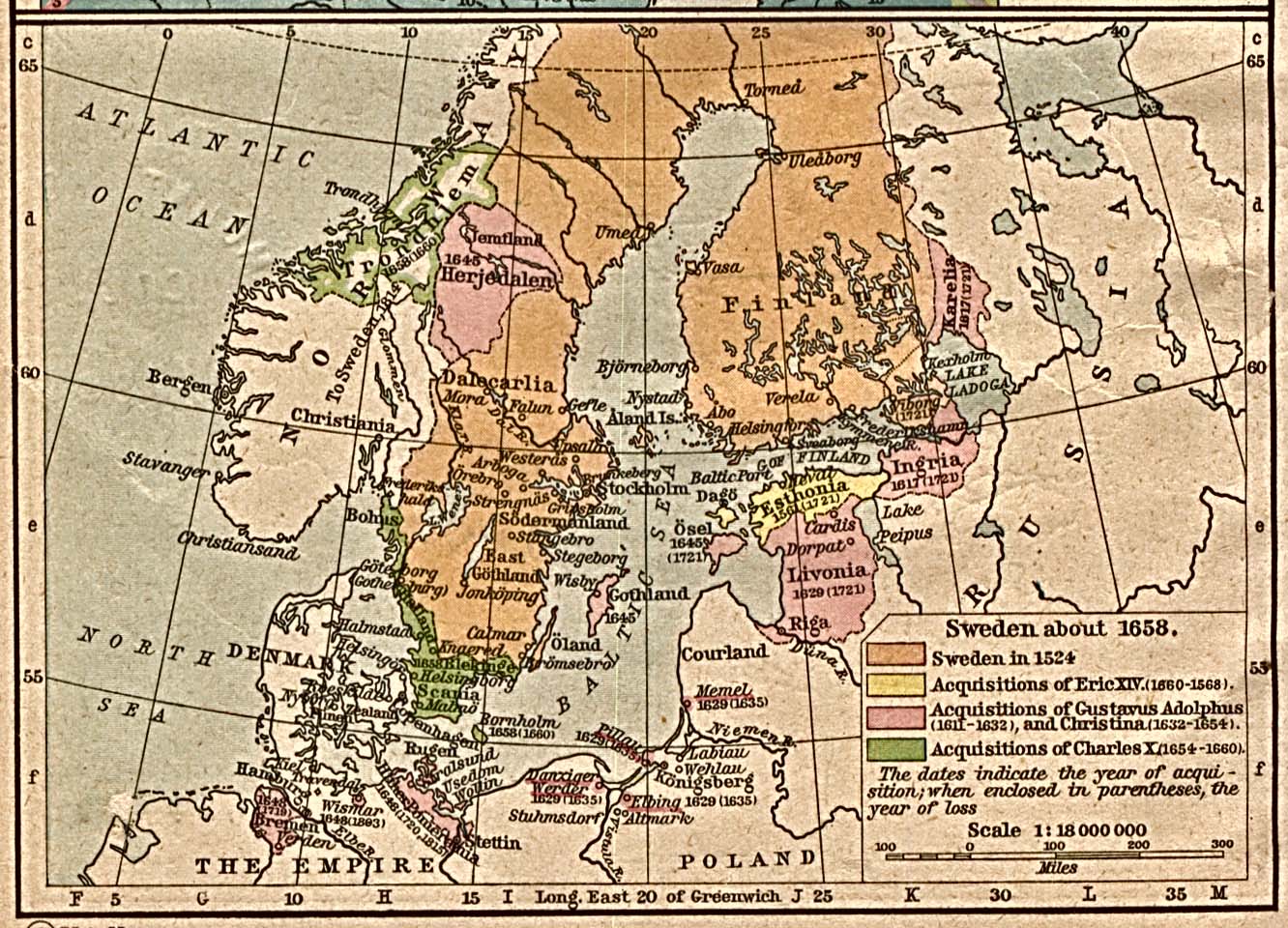
Catching up on a backlog of reviews and other things … I thought this time I would be geographically organized.
Nordic countries in general
Break out your wallets; Simon Clarke provides a tempting list of recent and forthcoming translations.
Norm has a poll going at Crime Scraps on which women crime writers from Nordic countries are most popular, his first entry in the Sisters in Crime 25th anniversary book bloggers’ challenge.
Denmark
At Crime Segments, NancyO reviews Jussi Adler-Olsen’s The Keeper of Lost Causes (apa Mercy), which she enjoyed tremendously, particularly for its characters and all-around originality, concluding it’s “amazingly good.”
More praise for Adler-Olsen in the Winnepeg Free Press, with a shout-out to the translator.
Dorte offers some intriguing commentary on the background of a book in the Department Q series, not yet translated into English. Fascinating stuff, and something to look forward to.
Violette Severin visits Denmark on a Europass challenge.
Finland
I review Jarkko Sipila’s Nothing but the Truth, which I enjoyed quite a lot. Maxine reviews the author’s Against the Wall and finds it a pretty good police procedural.
Maxine also reviews Sofi Oksanen’s Purge and sparks off a debate about whether it should be considered crime fiction or not. The paperback release is trending that way, though it’s more of a historical saga. Whatever it is, she found it extremely good.
—– not a thing for Iceland at the moment, sorry —–
Norway
At How Mysterious! Karen Miller Russell finds her patience with Karin Fossum running out, being particularly unhappy with The Water’s Edge (which I liked a great deal). The author’s focus on crimes involving children has made her lose interest – though Maxine, in a comment, may have coaxed her to give The Caller a try.
Jose Ignacio Escribano takes a look at K. O. Dahl’s police procedural series featuring Gunnarstand and Frolich to remind himself that Lethal Investments will be released soon.
Sweden
Jose Ignacio Escribano reviews Sjowall and Wahloo’s The Locked Room (in both English and Spanish), the eighth in the Martin Beck series.
Lynn Harvey reviews Camilla Lackberg’s The Preacher at Euro Crime, enjoying the contrast between the main character’s loving home life and the convoluted (perhaps too convoluted) troubles of the family embroiled in tragedy. Incidentally, Philip reports in the FriendFeed Crime and Mystery Fiction room that Lackberg is getting involved in a television series and feature films and will be slowing down her book publishing schedule as a result.
Bibliojunkie (who is not looking for a cure) is impressed by Hakan Nesser’s Woman With Birthmark, saying it’s “very well constructed and elegantly told” in a thorough and insightful review.
The Sunday Business Post (Ireland) has a lengthy and interesting interview slash profile of Liza Marklund exploring her motivation as a writer and a politically-involved journalist and documentarian. And oh, look who wrote the interview – Declan Burke! No wonder it’s so well done.



